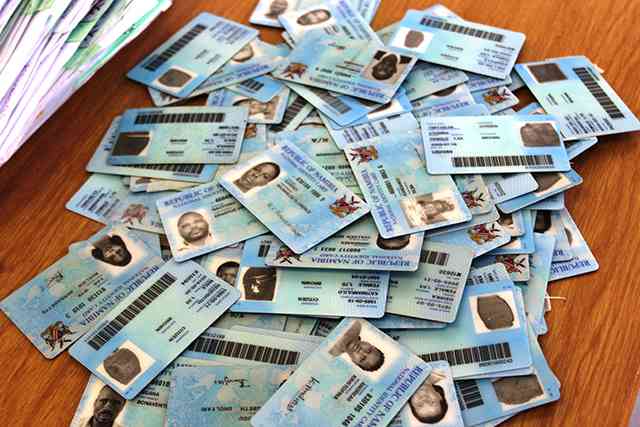
NAMIBIA and Botswana are expected to sign a Memorandum of Understanding on Friday to abolish passports for travel between the two countries.
Citizens of the two countries will now use identity cards.
In a statement on Monday, Botswana Home Affairs permanent secretary, Rule Jimmy Opelo said apart from strengthening bilateral relations, the move is meant to complement the Southern African Development Community (Sadc) Treaty which calls for abolition of barriers to free movement within the region.
"The Republic of Botswana and the Republic of Namibia will sign a Memorandum of Agreement to permit the use of national identity cards for the two countries as travel documents to cross their borders. The signing of the Agreement will take place on Friday 24 February, 2023 at Mamuno/Trans-Kalahari border post," the statement read in part.

Namibia and Botswana become the first countries to officially implement a no passport agreement in the Sadc region.
"As Member States of the Southern African Development Community, this Agreement between Botswana and Namibia will also contribute to the objectives of the Sadc Treaty which calls on Sadc Members States to develop policies aimed at the progressive elimination of obstacles to free movement of people, goods and services. It is a clear demonstration of their unwavering commitment to implement a uniquely progressive aspect of the strategy of bilateral cooperation between the two countries. The Agreement will thus serve to eliminate barriers to the free movement of people, goods and services, thereby strengthening trade between the two countries," Opelo said.

- Sadc meets over water, energy and food security
- 5 Zim cops off to South Sudan
- Opposition loses hope on reforms
- Chinese tile maker fights taxes in Zim and Zambia
Keep Reading
OpeloAdded: "The use of national identity cards for cross-border travel will enhance the momentum for economic and regional integration and further promote safe and orderly migration. This development will become even more impactful on people's lives as Mamuno/Trans-Kalahari border post attains a full- fledged status of a One Stop Border Post, operating on a 24-hour basis later this year. It will also foster social cohesion among the citizens of the two nations, who share profound historical, cultural and economic bonds, in addition to the values of democracy, self-determination as a people, human rights, peace, rule of law, and good governance, among others."
Governance expert and academic David Makwerere described the agreement as ground-breaking saying: “At the end of the day we are one people with so much in common, despite language barriers. It is a key development in that if you look at the integration timelines of Sadc, they had agreed that as way back as 2015 we would have been talking of an integrated Sadc. This is long overdue, and I think our borders should open up for trade and collective integration.”










